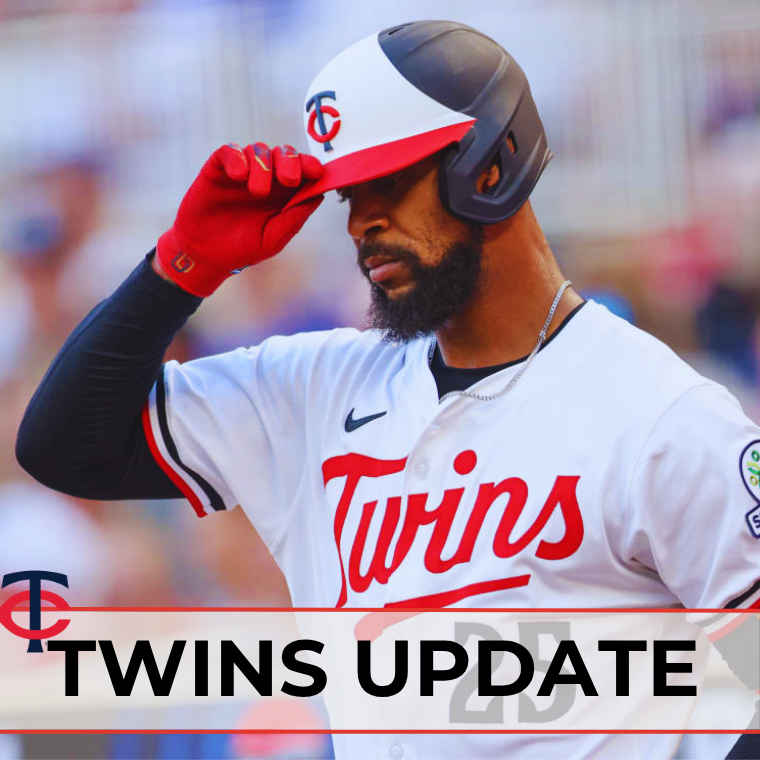How Sports Would Change Without Officials: The Role of Referees in Fair Play and Safety
Introduction
Sports officials-referees, umpires, and judges-are pillars of organized competition. Their presence ensures not only that rules are upheld, but also that players, coaches, and spectators experience a fair, safe, and enjoyable game. But what if officials disappeared from sports entirely? This scenario, while hypothetical, is increasingly relevant as referee shortages disrupt games at all levels [1] . Understanding these potential differences helps leagues, athletes, and fans appreciate the critical role officials play and reveals actionable strategies to preserve the integrity of sport.
The Role of Officials: More Than Rule Enforcers
Officials do far more than blow whistles and call fouls. They maintain order, promote sportsmanship, protect player safety, and offer authoritative resolution to disputes [2] . Their impartial presence deters cheating, discourages aggressive behavior, and sets a standard for respect on and off the field.
Without officials, the following vital functions would be lost:
- Rule Enforcement : Officials interpret and apply rules consistently, creating a level playing field for all participants.
- Conflict Resolution : When disputes arise, officials provide immediate, neutral mediation.
- Safety Oversight : Officials intervene when play becomes dangerous, helping prevent injuries.
- Sportsmanship Promotion : By penalizing unsporting conduct, officials help foster a culture of respect.
What Would Change Without Officials?
Removing officials would dramatically alter the landscape of sports. Below are key differences and their implications, supported by recent studies and real-world trends.
1. Loss of Fairness and Integrity
Officials are essential to ensuring games are fair. Without them, disputes over rules would increase, and outcomes could hinge on which team is more assertive rather than more skilled. Games risk devolving into arguments, with no trusted authority to resolve disagreements [2] . This breakdown of structure undermines the very purpose of organized sport: providing an even test of ability.
Example: In youth leagues experiencing referee shortages, games are often delayed, rescheduled, or canceled due to lack of officials. When games proceed without referees, coaches and parents sometimes attempt to self-officiate, leading to inconsistent rule application and increased tension [3] .
2. Increased Conflict and Unsportsmanlike Behavior
Officials act as buffers, de-escalating conflicts between players, coaches, and fans. Their absence often leads to an escalation of arguments, verbal abuse, and even physical altercations [1] . Without a neutral party, disputes can spiral out of control, damaging relationships and setting poor examples for young athletes.
Example: Reports from games lacking enough referees describe parents and coaches arguing on the sidelines, sometimes resulting in fights requiring police intervention [4] . This environment discourages participation and tarnishes the reputation of youth sports programs.
3. Compromised Player Safety
One of the most critical roles of officials is protecting players from harm. Officials stop play for dangerous conduct, enforce safety rules, and monitor the physical environment. Without them, risky behavior goes unchecked, and the likelihood of injury rises [2] .
Example: In contact sports like football or rugby, the absence of officials can result in unchecked roughness, illegal tackles, and increased injury rates. Sports medicine experts warn that a lack of oversight can have lasting consequences for athlete health.
4. Threat to Game Availability and Quality
Referee shortages already illustrate what happens when officials are unavailable: games are delayed, rescheduled, or canceled altogether [3] . Without officials, organizing competitions becomes nearly impossible. The quality of play declines as focus shifts from teamwork and skill to managing disputes and chaos.
Example: Youth leagues across the U.S. report increasing numbers of canceled games due to insufficient referees, robbing young athletes of valuable experiences and development opportunities.
5. Diminished Enjoyment and Participation
The absence of officials can erode the enjoyment for everyone involved. Players may feel frustrated by unfair calls or unresolved conflicts. Coaches and parents can become embroiled in disputes, alienating new families and discouraging community support. Ultimately, participation rates can drop as the sport becomes less welcoming and organized [1] .
How to Address the Risks and Protect Sports Integrity
Given these challenges, sports organizations and communities must act to prevent a future where officials are absent. Here are practical steps to recruit and retain officials, and to ensure games remain fair and enjoyable:

Source: onlinemasters.ohio.edu
1. Create a Positive Culture for Officials
Organizations should cultivate a culture of respect for referees, umpires, and judges. This includes:
- Implementing zero-tolerance policies for abuse, harassment, or threats against officials [5] .
- Educating players, coaches, and parents on the vital role of officials.
- Providing mental health support and mentorship for officials to manage stress and burnout.
To learn more about positive sports culture, you can search for official resources provided by the National Association of Sports Officials or visit your local sports governing body’s website for their code of conduct policies.
2. Improve Recruitment and Retention Efforts
Sports leagues may consider the following:
- Offering competitive compensation and flexible scheduling.
- Highlighting the leadership and personal development benefits of officiating.
- Encouraging former athletes, students, and sports enthusiasts to become officials by promoting training opportunities.
You can find officiating courses and certification programs through official sporting organizations like USA Football, U.S. Soccer, or the National Federation of State High School Associations. Visit their official websites and search for ‘become a referee’ or ‘officials training’ for details.
3. Promote Sportsmanship and Rule Education
Leagues and schools may incorporate sportsmanship education into regular training for players and coaches. This helps reinforce that respect for rules and officials is central to the sport’s value system.
Many youth sports organizations provide educational workshops or online resources explaining the rules and the importance of fair play. Contact your local league administrator for more information about available programs.
4. Establish Emergency Protocols for Games Without Officials
In rare cases where officials are unavailable, leagues can develop emergency protocols such as:
- Designating a neutral adult to monitor games for fairness and safety.
- Using technology to record games for dispute resolution.
- Training coaches and team captains in basic rule enforcement and conflict mediation.
It is advisable to contact your sport’s governing body for guidance on best practices in these situations, as protocols may vary depending on the sport and age group.
Alternatives and Innovative Approaches
Some sports are experimenting with player self-officiating or leveraging technology to minimize the need for human referees. For example, certain ultimate frisbee leagues utilize ‘The Spirit of the Game,’ relying on players to call their own fouls. However, these alternatives require a high level of mutual respect and may not be suitable for all sports or age groups. Technology such as instant replay or AI-assisted officiating is growing, but cannot yet fully replace the presence and judgment of a human official [5] .

Source: biasinsportsjournalism.blogspot.com
Conclusion
The absence of sports officials would fundamentally alter organized competition, threatening fairness, safety, and the enjoyment of athletes and fans alike. As communities confront referee shortages, it’s vital to recognize the irreplaceable value of officials and take proactive steps to support and retain them. Whether you are a league administrator, coach, player, or parent, you have a role in promoting respect and ensuring the future of sports remains bright, equitable, and safe for all participants.
References
- [1] The Sport Journal (2024). The Real Cause of Losing Sports Officials.
- [2] Campus Rec Magazine (2024). Without Sports Officials, it’s Just Recess.
- [3] Refr Sports (2024). Youth Sports and Referee Shortages: What’s Causing the Decline and How to Fix It.
- [4] YouTube (2024). Shortage of umpires and referees: The impact on youth sports.
- [5] National Center for Biotechnology Information (2024). Implementing a scoping review to explore sport officials’ mental health experiences.
MORE FROM searchhole.com













